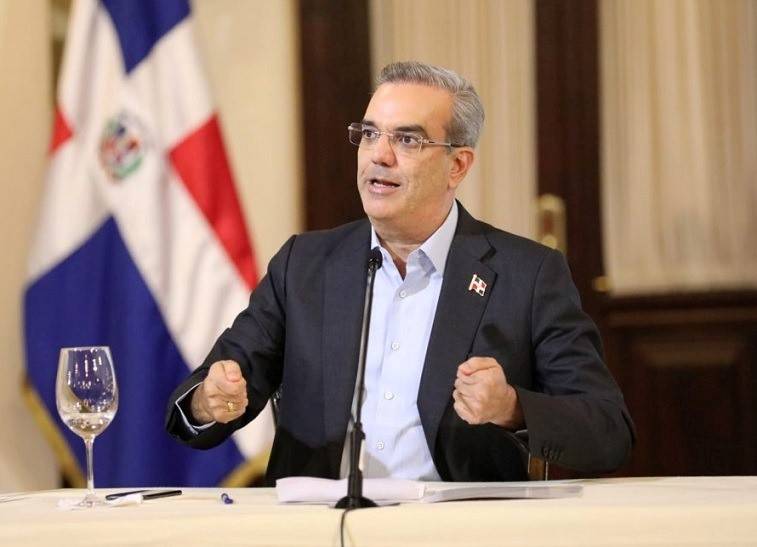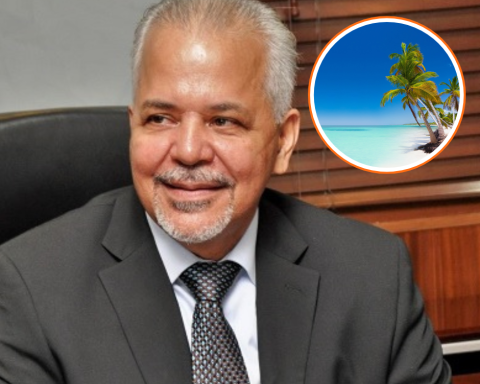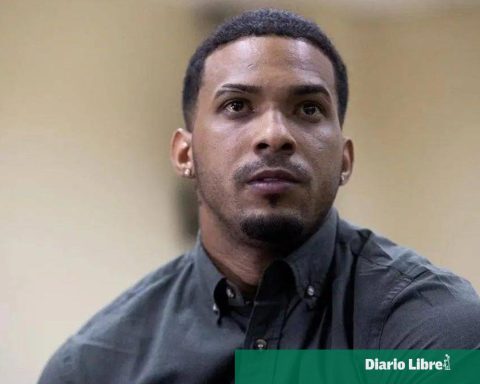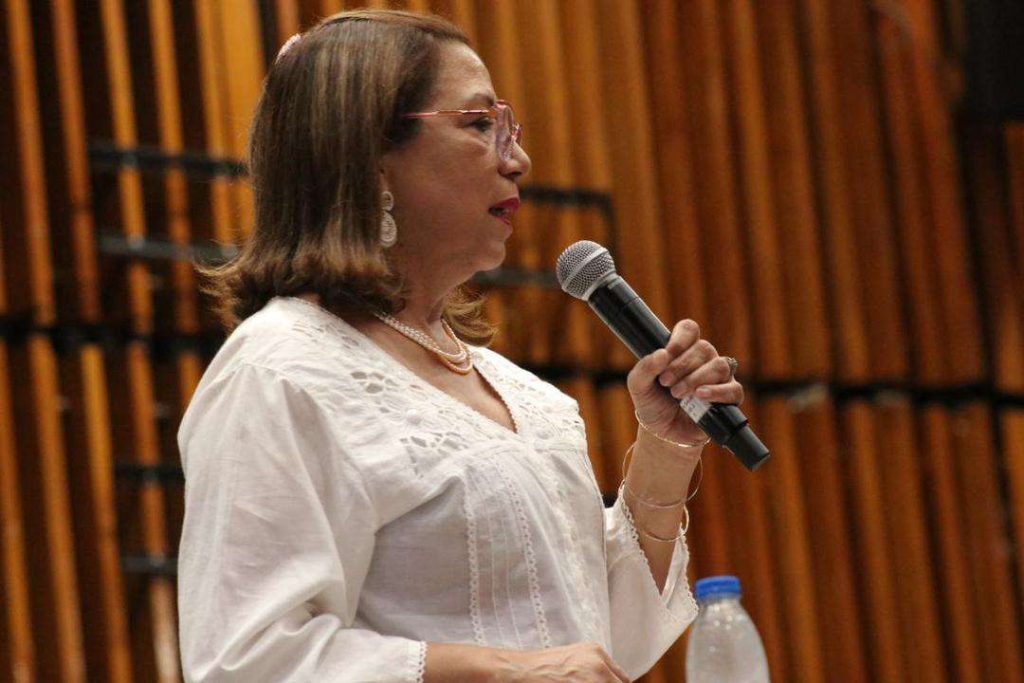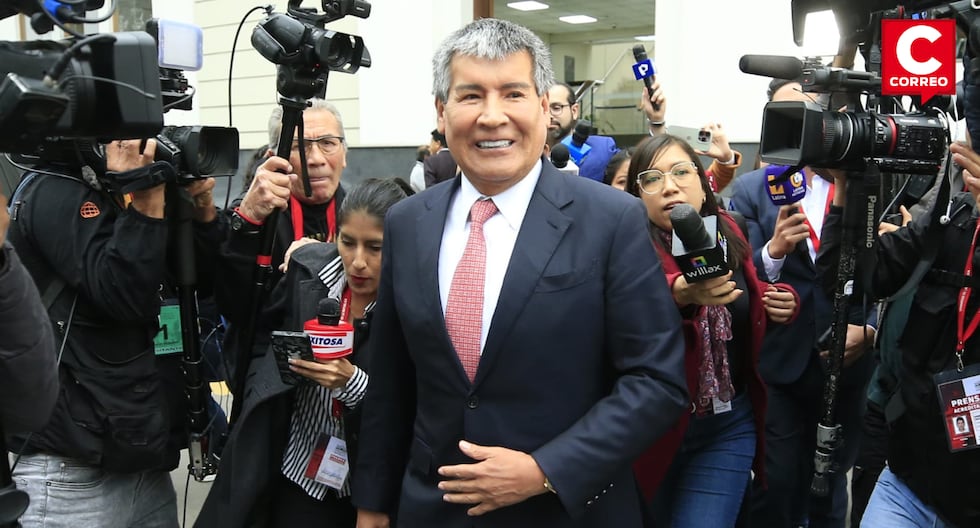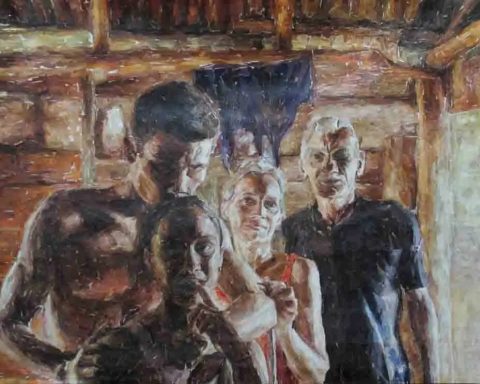President Luis Abinader has stood up for the Dominican Republic in the face of external opinions that have pointed to disregard for the treatment the country has given to the neighboring nation of Haiti, former Foreign Minister Claude Joseph, deportations, the position of the UN, Diosdado Cabello’s message, among others.
The president referred again to the situation affecting Haiti in 2023 and reiterated the need that the international community intervene to pacify the economic, political and social crisis facing that nation, in response to said international organization.
Asked about Joseph’s statements at the end of 2022, Abinader said that he “has no comments on that person.” He emphasized that Joseph will have to be heard on Twitter and from afar.
Claude Joseph stated on Twitter that Abinader does not understand anything about the social and political crisis that Haiti is experiencing. He is only taking advantage of the lack of leadership of the current prime minister to pursue his own agenda.
Later, the head of state reiterated that The Dominican Republic will continue to deport Haitians and will not authorize refugee camps on its territory.
Abinader spoke about possible changes in his government’s policy in response to the humanitarian crisis affecting Haiti, the Dominican Republic’s western neighbor that occupies just over a third of the island of Hispaniola.
Haiti, home to some 11.5 million people, is in chaos, with criminal gangs controlling large parts of the country, causing thousands of deaths and hundreds of thousands of displaced people.
The most recent response was given by Abinader to the threats launched by Diosdado Cabello, Minister of Interior, Justice and Peace of Venezuela, indicating that, although he is concerned about the situation in Venezuela, he is not afraid of Cabello’s warnings.
Abinader highlighted the economic strength of the Dominican Republic compared to Venezuela, noting: “We don’t have oil, but we have a better economy than Venezuela.”
